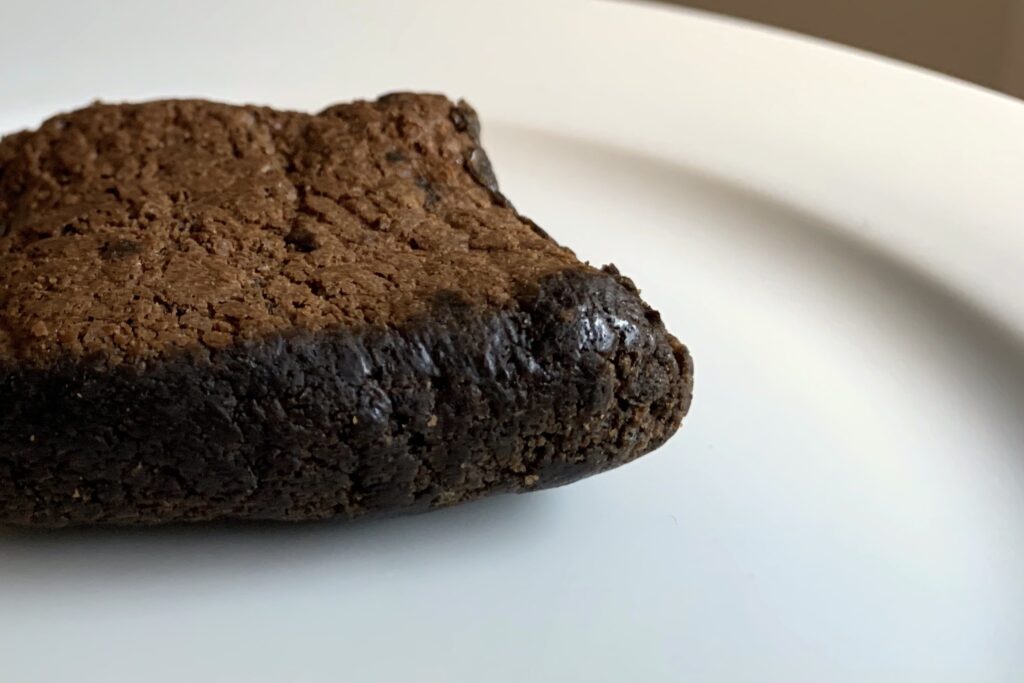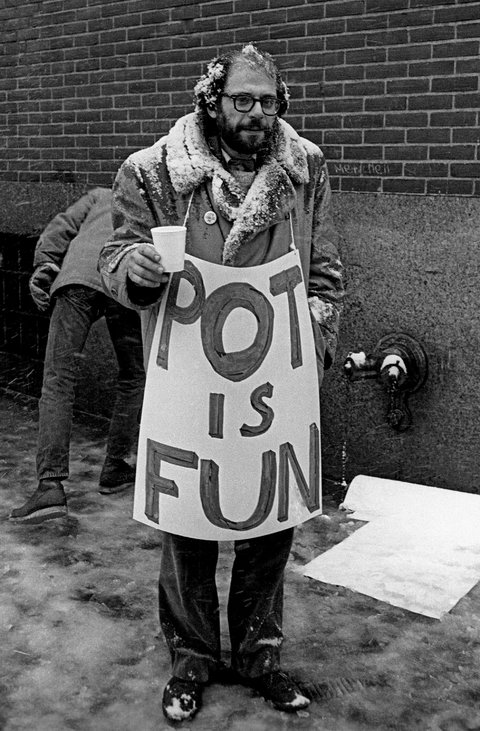Gastropod looks at food through the lens of science and history.
Co-hosts Cynthia Graber and Nicola Twilley serve up a brand new episode every two weeks.
Co-hosts Cynthia Graber and Nicola Twilley serve up a brand new episode every two weeks.

A botanical illustration of Cannabis sativa.
Chris Duvall is a professor and chair of geography and environmental studies at the University of New Mexico, where he studies how humans represent and depict their environment, as well as human-plant interaction. He’s written two books on cannabis: Cannabis (2015) and The African Roots of Marijuana (2019).
Alia Volz is a homegrown San Franciscan and author of the new memoir Home Baked: My Mom, Marijuana, and the Stoning of San Francisco, which won the Golden Poppy Award for Nonfiction from the California Independent Bookseller Alliance. Her writing has been published in The Best American Essays, The New York Times, Bon Appetit, and Salon.

Alia's recreation of a Sticky Fingers brownie, baked for her book launch, photographed by Sonja Swanson. In fairness, the brownie had been in the freezer for a bit...
Megon Dee is a cannabis chef, consultant, and educator, as well as a recently certified doula, who founded Oracle Wellness Co. in 2018. She’s an advocate for cannabis education and legalization, with a focus on the expungement of convictions within disproportionately targeted communities of color.
Coreen Carroll is a chef and co-founder with husband Ryan Bush of the Cannaisseur Series, the longest-running culinary cannabis event series in the world. In 2020, she was a winner on the Netflix cooking competition show “Cooked with Cannabis,” and is the co-author, with Stephanie Hua, of the book Edibles: Small Bites for the Modern Cannabis Kitchen.
A Touch of Evil, which came out in 1958, was an example of the anti-marijuana hysteria and racism of the time. Thanks, as always, to Nicky's husband Geoff Manaugh for functioning as a living movie reference encyclopedia for Gastropod!

Allen Ginsberg, as we mention in the episode, was an early advocate of cannabis legalization. Here he is protesting at the Women’s House of Detention in New York, in March 1964. Photograph by Benedict J Fernandez, source: allenginsberg.org
Click here for a transcript of the show. Please note that the transcript is provided as a courtesy and may contain errors.